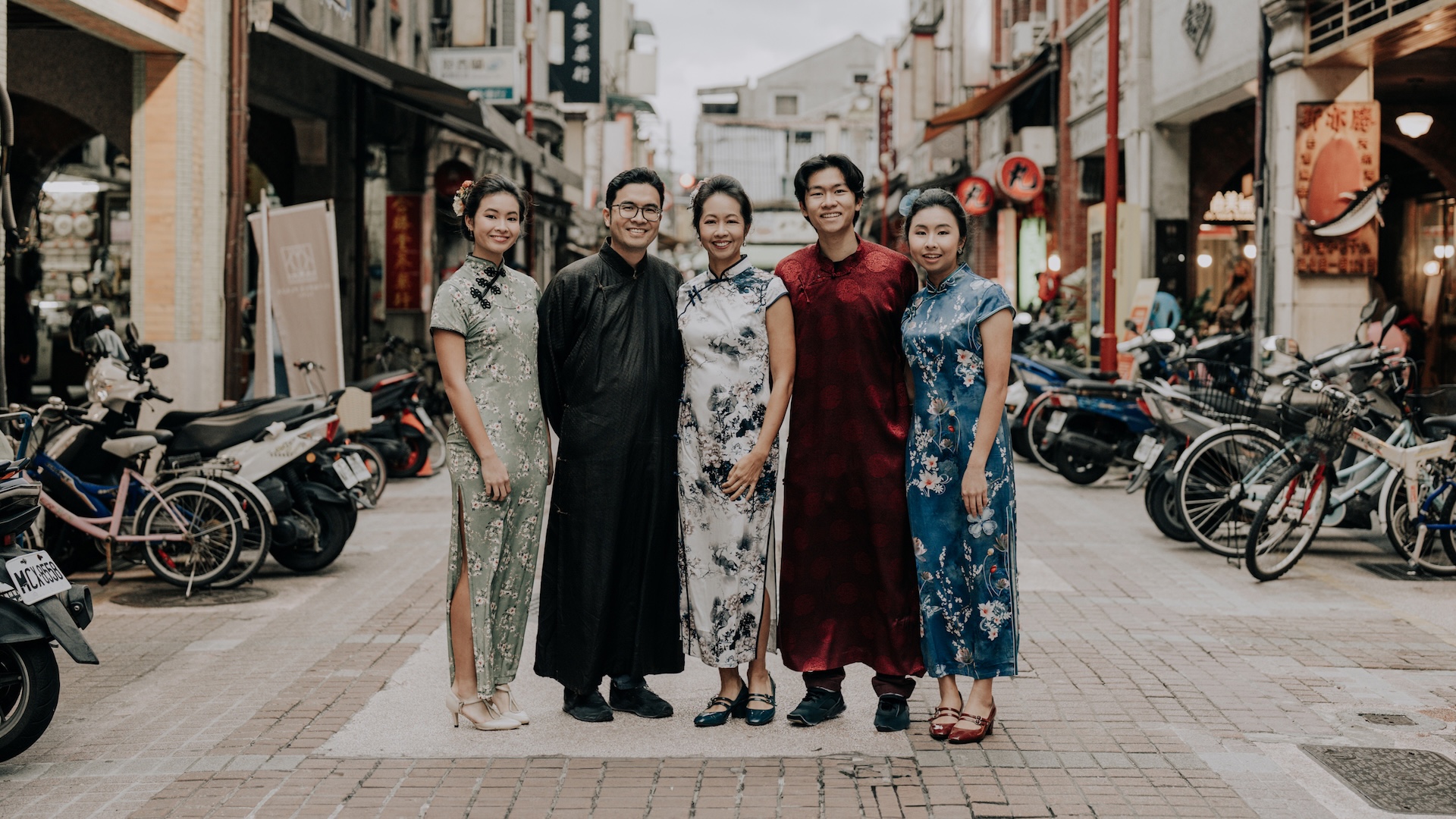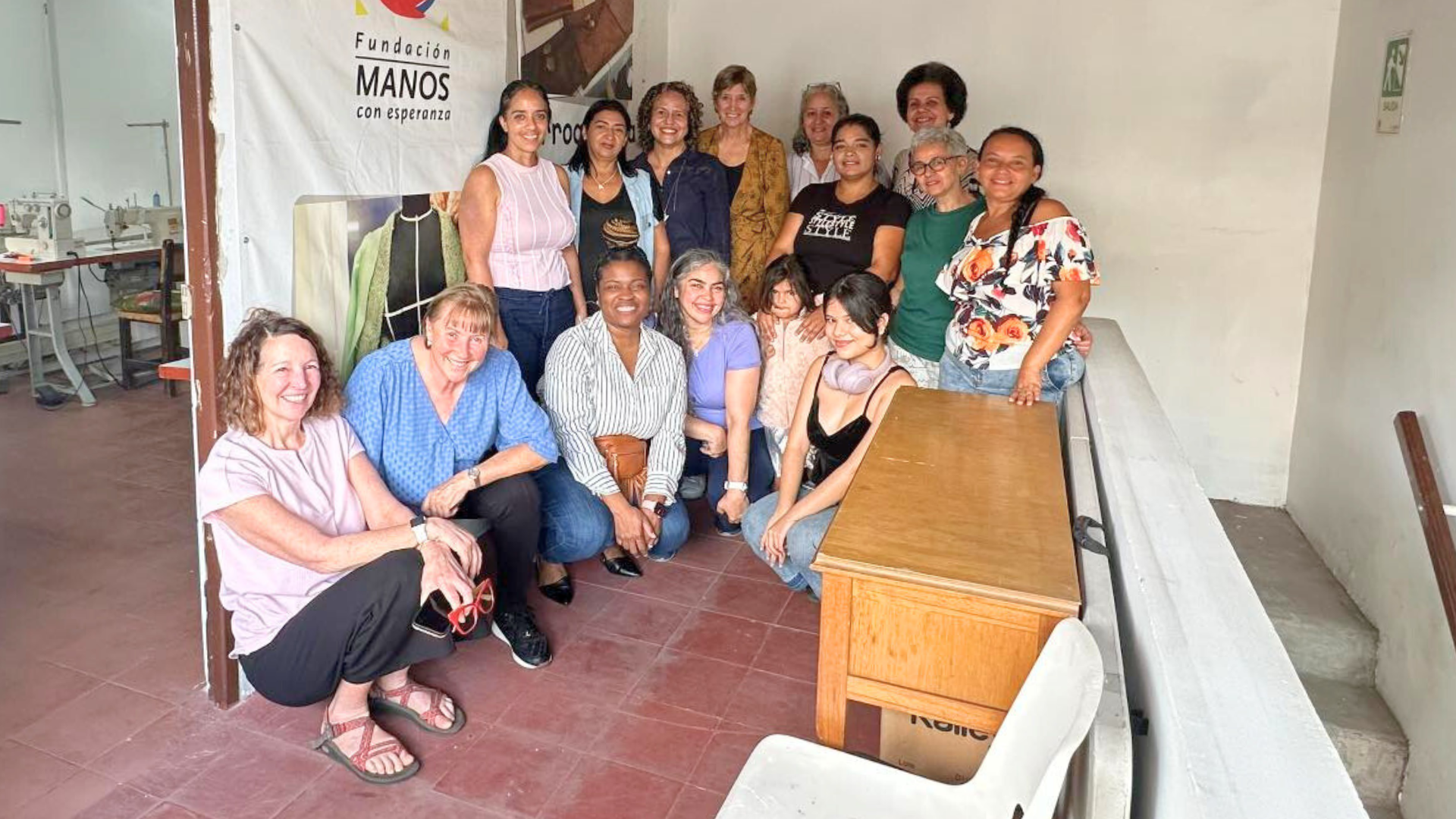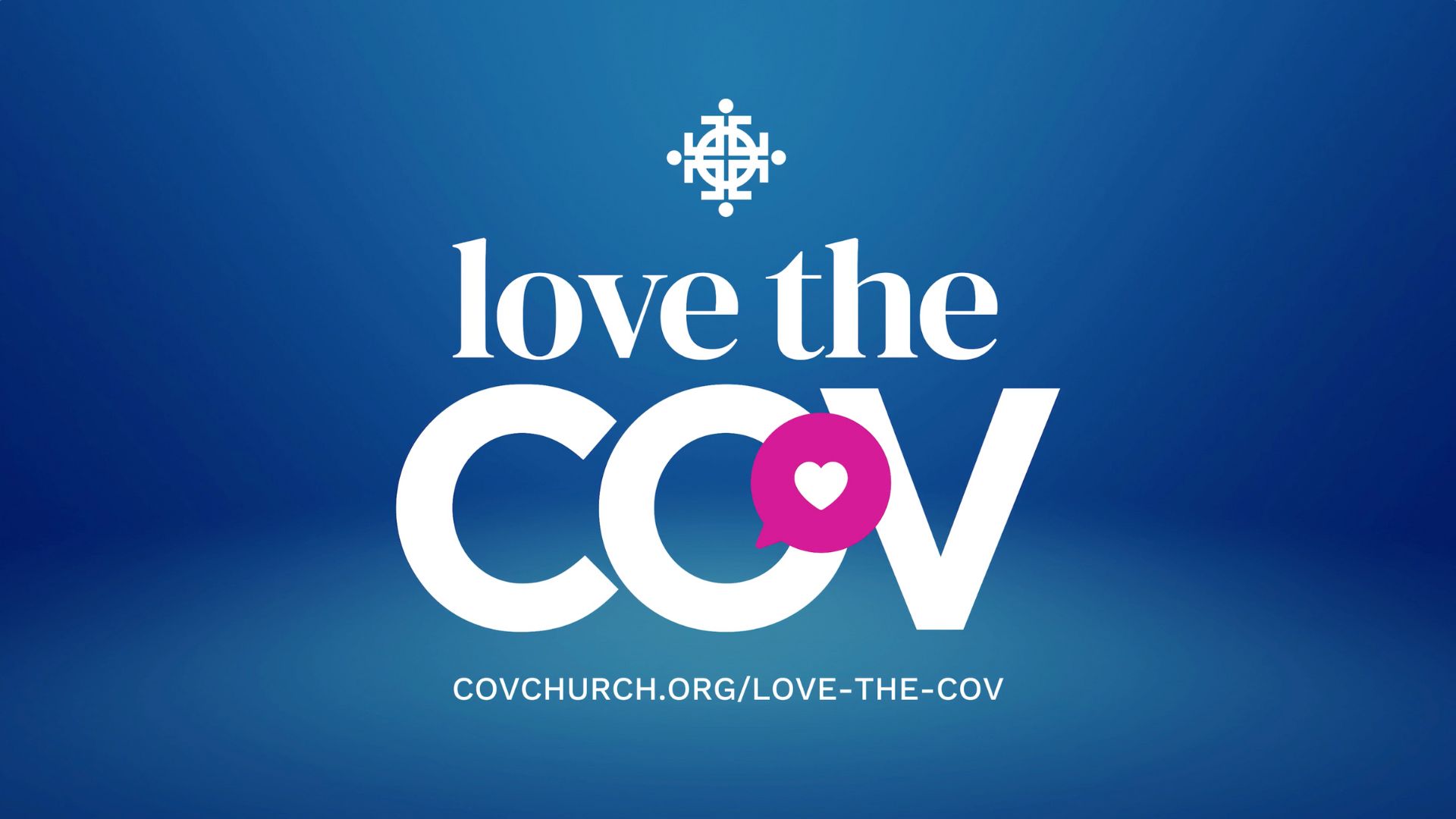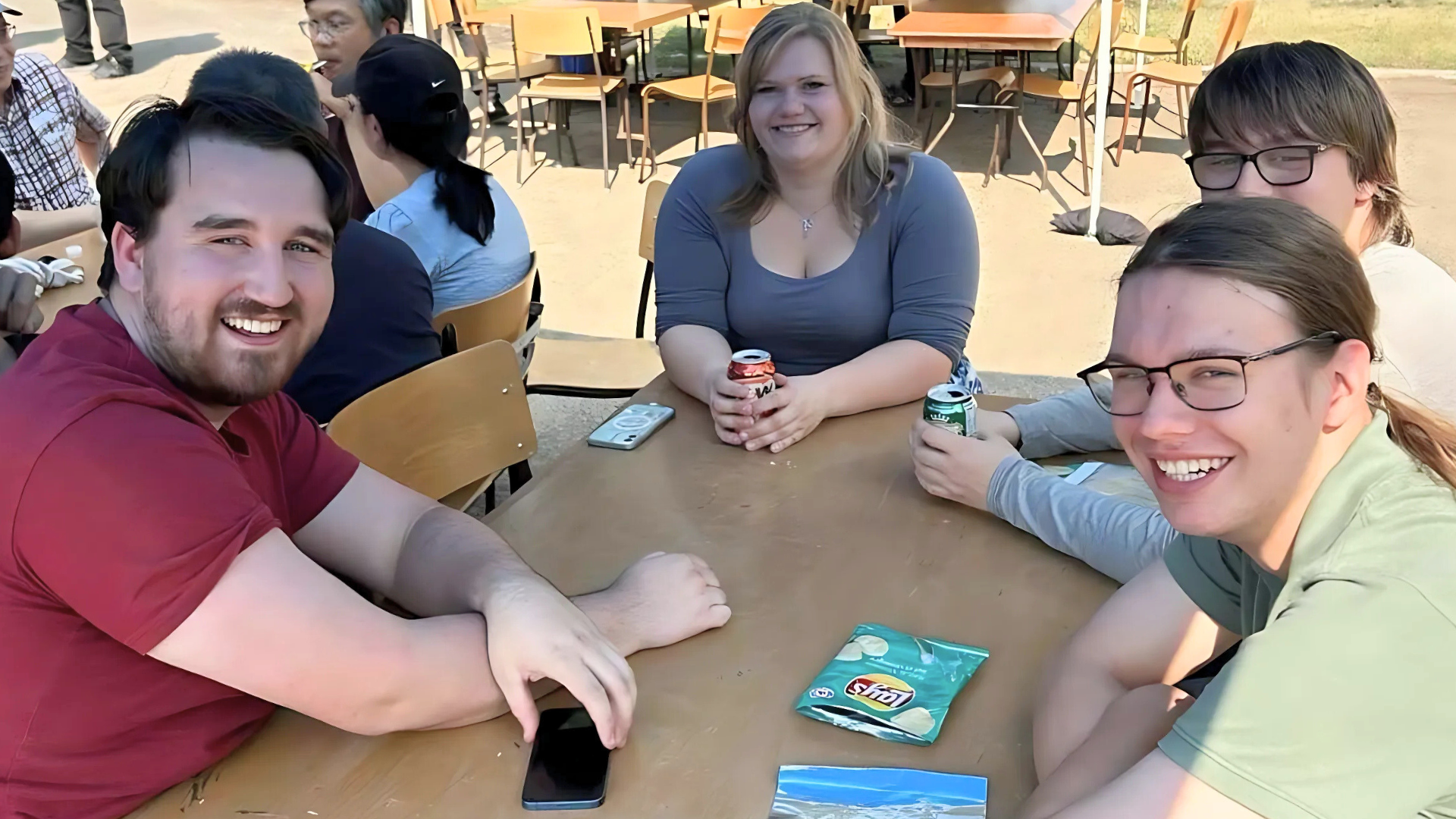By Stan Friedman
SLOAN, IA (October 1, 2011) – Volunteer firefighter Don Jorgensen was filling his car with gas before he drove to Westwood High School, where he teaches English, to help with a fundraiser. But then a phone call summoned him to a horrific two-vehicle head-on collision outside of town, near the town of Hornick.
On his way, Don received a phone call from the school’s athletic director wondering if the accident had involved five of the Rebels’ wrestlers and their coach, who had left shortly before in the district’s black Chevy Suburban to attend a clinic.
By the time Don arrived, the Hornick Fire Department and other Sloan emergency workers were on the scene and set up a roadblock. He stopped and could see the accident involving a black suburban and a minivan that had inexplicably crossed the center line. Both vehicles were crushed, and there almost certainly would be fatalities and serious injuries.
No one had to tell Don that the accident involved the wrestlers, one of who was his 15-year-old son, Blake. Even before any of the other emergency workers had a chance to tell him what had happened, Don recalls, “I knew by their body language that it was the boys.”
 At that point, he had a decision to make. As a parent, he wanted to rush to the vehicles and help extricate his son and the others. His experience as an emergency worker told him, however, that a frantic parent only would be in the way, and he needed to let the departments do their work. “I decided to stay back,” he says. “It was the hardest thing I’ve ever done.”
At that point, he had a decision to make. As a parent, he wanted to rush to the vehicles and help extricate his son and the others. His experience as an emergency worker told him, however, that a frantic parent only would be in the way, and he needed to let the departments do their work. “I decided to stay back,” he says. “It was the hardest thing I’ve ever done.”
Don, a member of Sloan Covenant Church, did the only thing he could do. Pray.
His wife, Jamie, joined him at the scene, and they made the trip together to Mercy Medical Center in Sioux City. It wasn’t long before doctors told them that their son had fractured his neck and was paralyzed from the chest down – if he lived through the surgery and the coming days.
They were joined by their best friends and fellow church members Keith and Treasa Baker, whose 16-year-old son, Trent, had suffered life-threatening injuries and was in surgery. The accident had shattered his right leg, and caused multiple other internal injuries, including a lacerated liver.
Late that night, the families sat together in a waiting room in the ICU. Don told the others, “I believe something good can come from this.” Treasa replied, “Absolutely,” and the others occurred as well.
Even in those days, “There was this peace that passes all understanding,” says Jamie, acknowledging that others might be skeptical of such claims. She was not trying to sound like a hero of the faith. “You can’t have a clue what that means until you have gone through something like this.”
“Even we wondered why we weren’t angry,” Treasa recalls.
That was November 8, 2008. In the days immediately after and in the years since, the families there has been that peace, but what they have gone through has been much more complex.
When discussing faith, the line between trite and true is thin. It is too easy to make heroes to whom no one else can relate, but if Christians are to believe the gospel, then it is important not to be cynical when others express how God has moved.
The Bakers and Jorgensens say the peace that passes all understanding has come as a gift and not as something they accomplished. Experiencing that peace has not kept them from suffering the pain of parents watching their children struggle to survive, hooked up to multiple machines that helped them to breath, provide food, and keep their organs functioning. The parents have watched their children undergo arduous rehabilitation.
There has been anger, fear, and questions of why. They have coped with the sense of helplessness that required them to be dependent on others.
They also have experienced pride in the character of their children. Blake’s academic accomplishments and seemingly unbelievable positive attitude have inspired the community and others around the country. So has the way Trent willed his way back to being a star athlete, even taking third in the state wrestling championships.
(Editor’s note: This story is connected with “A Profile in Courage and Compassion,” which appears in the October 2011 issue of the Covenant Companion. That article highlights the work of two teenagers to recover from an accident that forever changed their lives and revealed the character of the small community where they lived.) To read that story, click here.
The Bakers and Jorgensens also are grateful to the community that rallied around them. That extreme support showed itself when hundreds of people spent nights at the hospital, and most notably when Sloan residents and others around the county built and donated a handicap accessible home for the Jorgensens.
Even on the day of the accident, there were reasons to believe.
 Trent would have died from his bleeding if the hospital had not decided to keep on hand one vial of medicine that costs $32,000. A friend who works at the hospital later told Treasa that administrators had discussed just a month earlier whether to carry the medicine. It was so expensive, and the hospital already had been forced to dump some vials that exceeded their expiration dates. They decided to buy one more vial, which was the one the saved Trent.
Trent would have died from his bleeding if the hospital had not decided to keep on hand one vial of medicine that costs $32,000. A friend who works at the hospital later told Treasa that administrators had discussed just a month earlier whether to carry the medicine. It was so expensive, and the hospital already had been forced to dump some vials that exceeded their expiration dates. They decided to buy one more vial, which was the one the saved Trent.
During Trent’s initial surgery, special coils needed to be inserted into his arteries to stanch the bleeding. The only doctor in the city who knew how to do the procedure happened to be in town even though he normally would have been traveling to the Middle East just as he did at the same time every year. “He says he didn’t know why he didn’t make the trip,” Keith says.
Jamie recounts the night she was praying alongside the bed of her unconscious son. She tried to express her trust in God. “Then I started getting angry.” She cried and wanted God to explain how he could have let this happen to Blake.
Then she sensed God tell her that it happened for a reason. “Since that time, I’ve never gone back to why,” she says.
“I don’t have to like his reasons,” says Don, adding he doesn’t believe God caused the accident, but is redeeming the tragic event.
Jamie adds, “I don’t like it either, but my trust has grown tremendously.”
The community’s support has forced Don to struggle with accepting help. “Everyone has a speck of pride in them,” he wrote on Caring Bridge, a website that allows family and friends to stay connected during a health crisis. “Something like this just forces a person to swallow his pride, and it also completely humbles one to no end.”
Then there was the day he watched the high school’s first baseball game without Blake being on the field. “I had to leave the game for a bit because I didn’t want anyone else to see my tears,” he wrote on Caring Bridge.
He wished he could watch his son competing with the rest of the team. “Of course, I’d just take him being able to walk. On the other hand, we are lucky to have him alive and mentally strong.
‘No matter what, it seems like we always want more. If he were healthy, we’d want him to work hard to get even better. I don’t know what the lesson for me to learn is here. It’s always hard to be satisfied where one is at. All I know is that it was a tough day for Jamie and me.”
Keith tells of the pride he and the other parents have felt for their sons, who have seemed to handle the accident’s aftermath better than anyone in their families. Before each of his wrestling matches, Trent would walk around the mats twice as a way acknowledging Blake and another wrestler whose injuries from the accident had kept him from participating in sports.
“He always made me proud,” says Keith. He tears, adding, “But as a parent, it was special to me because it wasn’t about him. That’s how you want your kid to be.”
Treasa says she was nervous about letting Trent play football again, but it was something he had worked so hard to do again. Besides the doctor had cleared Trent, who has a rod in his leg, to play.
During Trent’s first game back, there would be a momentary silence in the crowd when he was tackled. Would he be able to get back up?
Trent joked with his mom that the rod in his leg even made him better and put him at less risk of injury. That wasn’t necessarily true, nor did it ease Treasa’s fears.
Jamie jokes about how Blake would sit in his wheelchair watching the football games from the sidelines, often too close to the field. Blake said his mom shouldn’t worry about getting knocked over. He wouldn’t feel it anyway.
The parents have lost count of how many times people have come up to them and said how inspiring their sons have been. “They are the most inspiring people I’ve ever met,” is a common refrain.
That, too, has helped them to live with faith that something good could come from the accident, says Keith.
For the Jorgensens, watching their son go off to college at the University of Iowa has been especially anxiety filled. Finding someone to help their son in the morning and evening has been difficult and is proving to be expensive.
“I tell myself to focus on today,” Jamie says. “God will give me strength for the day.”
The Jorgensens recently received news that further strengthened their faith. Someone was needed to do Blake’s laundry but the family didn’t know how to make that happen.
The Jorgensens were on their way to visit Blake when Jamie got a phone call from a senior care center representative. The representative told Jamie she had heard from an anonymous donor who wanted to pay the agency for someone to spend two to four hours a week doing Blake’s laundry and cleaning his room.
Don says, “When Jamie told the lady that she had been praying for a resolution to Blake’s laundry dilemma, the lady began to cry on the phone.”












